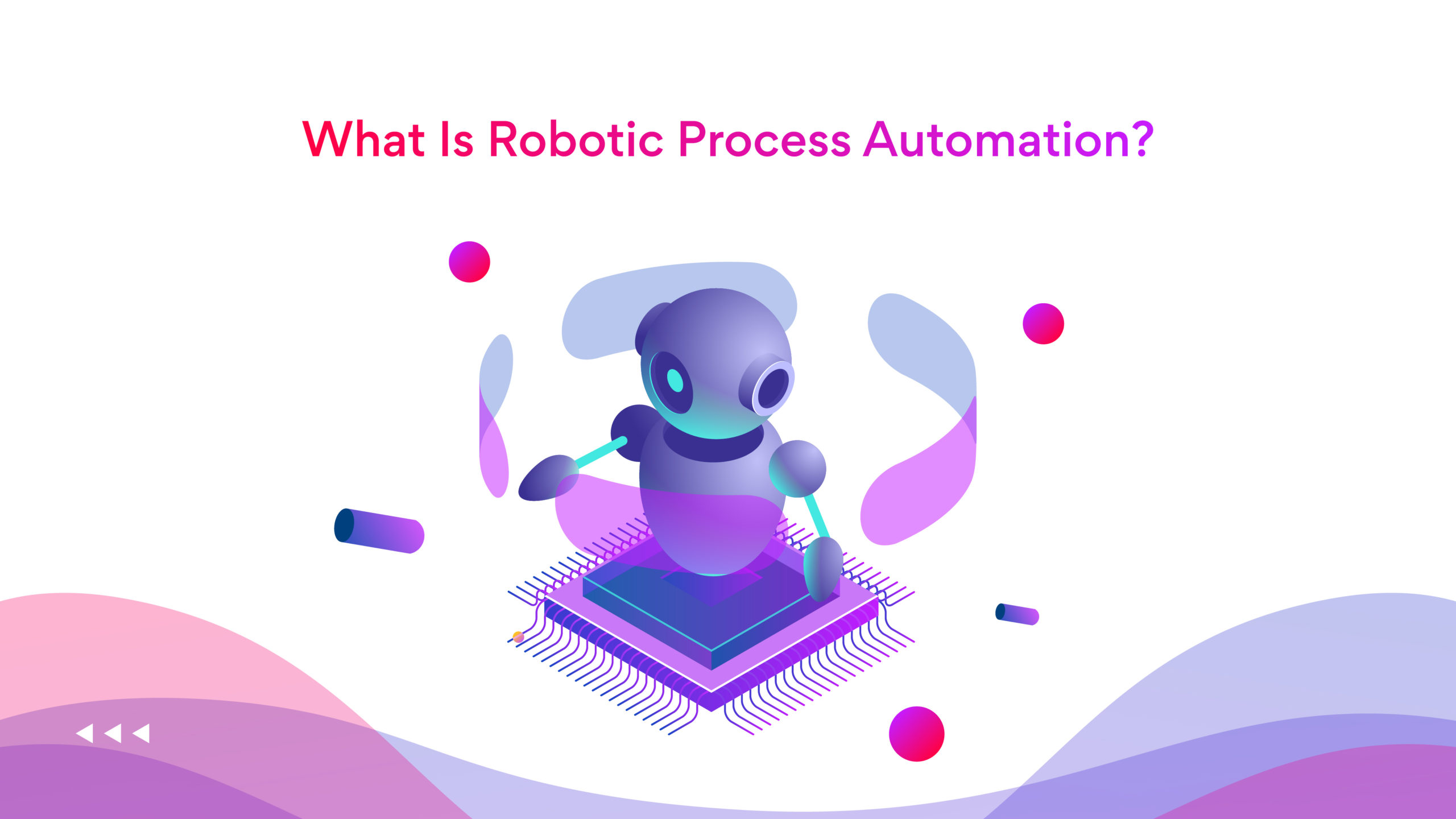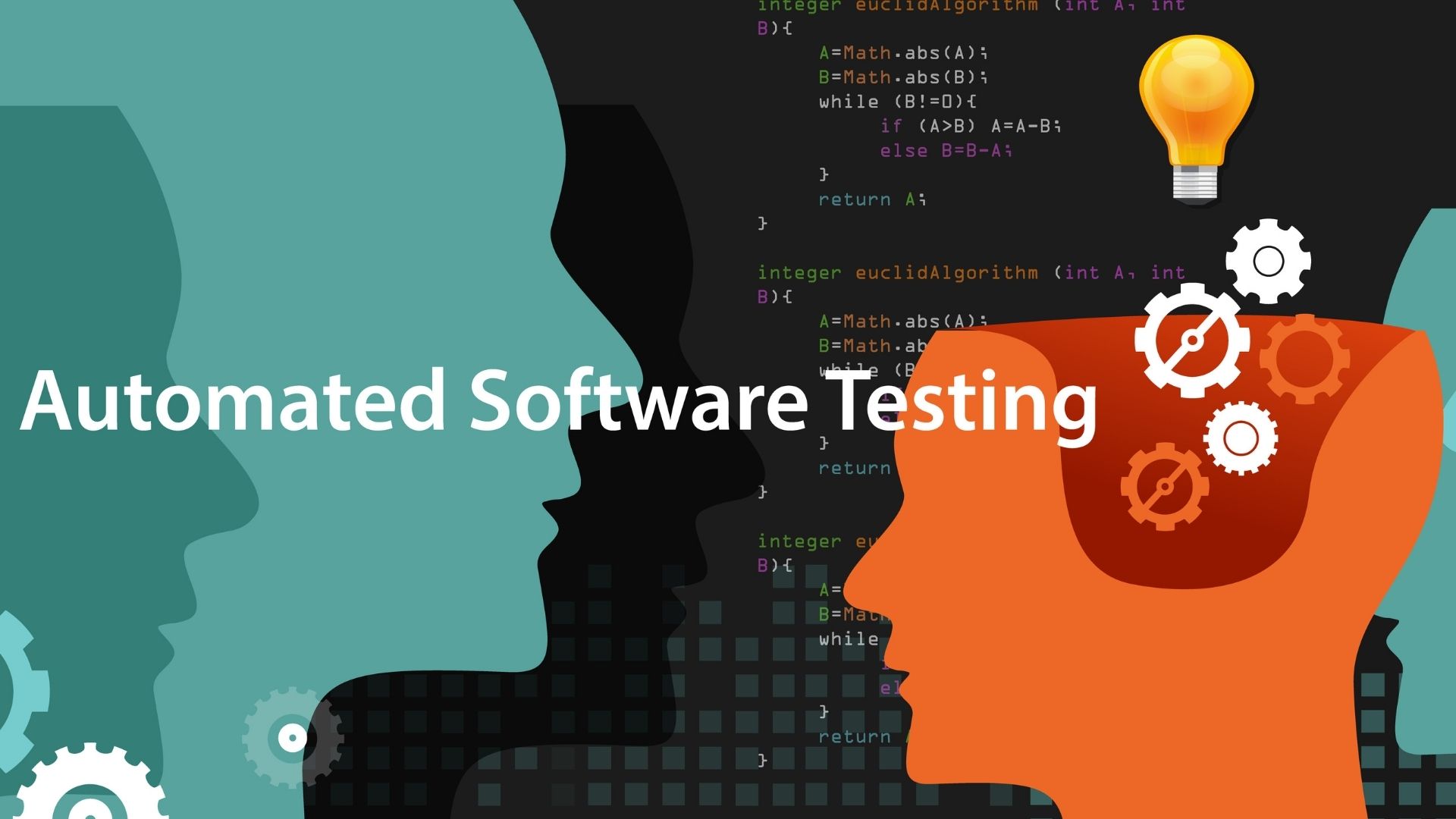What Is Robotic Process Automation (RPA) and Why Does Your Business Need It?
What is RPA? What does robotic process automation do? Where is robotic process automation used? What is robotic process automation with an example?
Looking for these answers? Keep reading!
What is RPA?
Robotic process automation (RPA) is the application of technology that allows employees to configure computer software or a “robot” to capture and interpret existing applications for processing transactions, manipulating data, triggering responses, and communicating with other digital systems. In simple words, RPA helps to build and manage software robots that mimic human actions interacting with digital systems.
Most importantly, RPA converts repetitive and mundane tasks into automated processes with RPA ‘bots’. This feature improves efficiency and accuracy within organizations by automating business processes. Additionally, it can help reduce costs by eliminating or automating low-value tasks, freeing up employees to work on more strategic initiatives.
RPA automates some of the rule-based actions that a human performs. Rule-based actions are simple algorithmic tasks that follow a certain logic, sequence, and structure. RPA reduces employee workload by combining computer vision, automation, and ML technologies in business processes.
Software developers program bots with RPA tools to perform repetitive tasks. Programming automates tasks that would have required human intervention. RPA systems, RPA software, RPA tools, and RPA technologies, essentially have the same meaning and are used interchangeably across the text.
What is Robotic Process Automation (RPA) with an example?
For example, let us consider the task of email processing. An employee reads the text on the screen, gathers necessary information, copies it into a word document, and then saves it. If you feed exact instructions into an RPA tool to follow the same workflow, the RPA performs the tasks on its own. RPA automatically processes relevant information from the email with screen scraping, segregates the data, and stores it in a word document.
A rise in the adoption of RPAs indicates that the global market capacity of RPAs will reach $11 billion by 2027. RPA applications provide multiple opportunities for improvement across various aspects of a business. Departments like sales, HR, marketing, operations, customer service, and tech support directly benefit from using RPA. Here are a few reasons why your business needs RPA:
- Better productivity
According to Automation Anywhere, employees spend 10-25 percent of work hours on repetitive tasks. RPA can automate repetitive tasks to ensure higher productivity. RPA improves the performance of various business operations. According to a recent survey by NICE, 27 percent of managers reported improved productivity due to RPA.
RPA can perform a higher number of tasks than your small team of employees. If RPA takes over routine tasks, employees can focus on innovation and creative tasks. Better utilization of human resources helps to optimize the business processes effectively. In this way, Robotic Process Automation enables better productivity across workflows. - Higher efficiency
RPA technologies ensure higher efficiency in business processes. An RPA software can perform a routine task faster than a person. Robotic Process Automation technologies speed up simple tasks like email blasts, salary distribution, invoice processing, analytics, etc.
Additionally, RPA systems can simplify laborious tasks by up to 80 percent. RPA software can operate 24/7, and require no breaks. And thus, RPA improves efficiency across business processes. - Better accuracy
Humans tend to make mistakes; however, RPA tools don’t. RPA tools ensure better accuracy compared to manual work. RPA software eliminates the possibility of human errors through automation. RPA platforms are 100 percent error-free since they strictly follow the code embedded in their system.
Robotic Process Automation (RPA) – Better Accuracy
For example, let us consider the data sorting process for a business. If businesses streamline input-output processes, RPA solutions can perform the tasks accurately. Maintaining a uniform format will make it easy for RPA software to analyze and sort data effectively. To process structured input data, RPA needs to be configured accordingly. These steps will enhance the overall accuracy of the process.
RPA is consistent and reliable, making it a necessary tool for any business. According to the Deloitte Global RPA Survey, 85 percent of staff confirmed that RPA meets and exceeds accuracy expectations. And so, to implement RPA, the business should plan, map, and optimize processes correctly. - Higher security
Humans may leak data, intentionally or unintentionally. This error can bring serious consequences for businesses holding confidential data. Naturally, reducing the number of employees that have access to sensitive information will enhance data security.
RPA technologies remove human dependency and reduce data touchpoints. Unlike humans, automated processes cannot cause accidental security breaches. Thus, RPA ensures better security of data systems through automation. - Improved scalability
Let us consider the example of workloads that vary. When workloads increase or decrease, managers need to scale their human resources. Onboarding employees requires tedious assessment and training. When the demand subsides, businesses struggle with the under-utilization of the HR bandwidth.
Robotic Process Automation (RPA) – Improved Scalability
RPA tools easily cope with the variable workloads. Robotic automation is scalable and adjusts to the variation in demand/supply. And thus, Robotic Process Automation enhances scalability and reduces the financial impact of variations. - Effective analytics
Data analysts need to analyze the changes in demand or supply, customer satisfaction levels, product success rates, etc. Analyzed data needs further processing, to provide valuable insights for effective management. It is time-consuming and cumbersome to repeatedly gather, monitor, and apply data about the organizational processes.
When the same parameters need to be measured, data analysis can seem repetitive. RPA technologies can be programmed to gather actionable data, perform data analysis, and present it to managers. Using RPA for data analytics reduces turnaround times, and enables managers to make better decisions in a short time.
Efficient data collection ensures better decision-making. RPA software simplifies the data analytics involved in business processes. Enhanced clarity and better data processing allow managers to have better control over the business. Thus, RPA can significantly speed up data collection and data processing for your business
Why Robotic Process Automation (RPA) could be the next big thing for your business?
Robotic Process Automation is crucial for improving different aspects of a business. Due to multiple benefits, high demand for RPA exists across various industries. But designing and implementing an RPA system is challenging.
AI and ML engineers simplify the creation and maintenance of RPA systems. Expert machine learning engineers train the RPA bots with instructions to follow during process execution. Hire ML engineers to update the process, flow, and change the automated elements.
For accurate performance and effective automation, AI engineers program RPA systems. AI engineers work on RPA to automate routine tasks. Hiring experienced AI developers helps businesses create better RPAs for unsupervised processing.
IT companies leverage RPA systems to speed up the commissioning of their cloud systems. RPA systems aid faster and more secure data migration, along with better cost-efficiency and agility for cloud technologies. Read this article to learn how IT companies are switching to cloud technologies.
FAQs
- What does robotic process automation do?
RPA enables businesses to create automatic processes that function on behalf of a human being. With AI and ML, robotic process automation increases the efficiency of business processes by letting software code perform simple tasks in a pre-defined manner.
- Where is robotic process automation used?
Business processes that involve repetitive tasks use Robotic process automation. RPA has applications in finance, banking, health care, insurance, telecom, and other industries.
- What is robotic process automation with an example?
RPA is the process of commissioning software programs that can perform routine tasks without human intervention. A great example of RPA is a ‘chatbot’, which automatically responds to customers online. Chatbots use RPA tools and AI to reply with pre-programmed texts for specific user queries. RPA engineer integrates automated responses through assumptions about possible doubts that a customer may ask.
RPA can revolutionize the way your business executes certain key tasks. Turing can help your business reap the benefits of Robotic Process Automation. Turing provides remote software developers that can help you build your RPA system.
Do you wish to leverage RPA to enhance productivity across your business processes? Are you looking for developers to work on designing RPA systems for your business? Try Turing. Turing will help you hire experienced AI and ML engineers to integrate RPA. Visit the Hire page to know more!
Are you struggling to hire top-notch talent for your company? Refer to this article, to learn a few practical tips for hiring the best employees for your business.
Get in touch with our team and start optimizing business processes with Silicon Valley-caliber developers. Visit the Hire Developers page for more information.
Tell us the skills you need and we'll find the best developer for you in days, not weeks.




As your business grows, RPA may help you reduce human capital expenditures while simultaneously preventing human error. RPA also saves your money while also freeing up a lot of time for your current personnel, allowing them to concentrate on things that bring value, such as company growth.